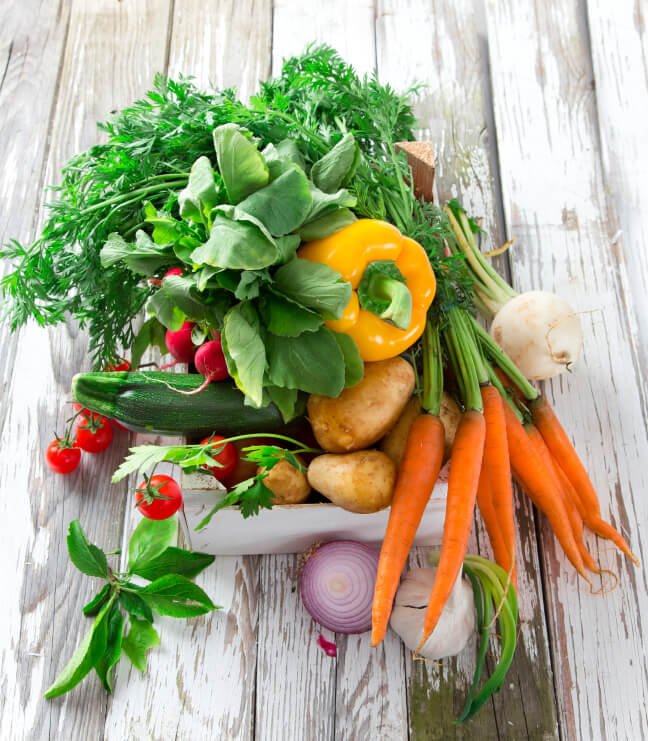In April, researchers at Tufts University posed a vitamins riddle. They in comparison people who took diet drugs with individuals who have given the identical nutrients the old skool manner, by consuming food.
Tracking consumption of vitamins A and K, magnesium, and zinc, the scientists observed that human beings had been much less possibly to die of coronary heart attacks and different illnesses. At the same time, these nutrients happened from their diets. As the Tufts researcher Fang Fang Zhang said on time, “There are beneficial associations with vitamins from ingredients that aren’t seen with dietary supplements.”

Many nutrition supplements are synthesized to be exact replicas of the compounds you’d get from consuming an apple or an orange. The chemistry needs to have the same outcomes at the frame. Unless, of the route, something becomes lacking from the equation.
In a similar puzzle, recent research has illuminated harms associated with exceedingly processed ingredients—even though a lot of those meals are packed with introduced nutrients. White pasta and breakfast cereals, for example, might also comprise a whole day’s really worth of a few vitamins (synthesized and brought, now and then by way of law). As lengthy as we’re getting the nutrients, why need to it count whether food is “processed”? Is processing truly terrible?
One reason behind the advantages of eating minimally processed ingredients is probably fibre, which processing often strips away. Fibre slows the absorption of sugars, so they don’t hit our blood as quick and cause insulin to spike (as with ingesting an apple as opposed to consuming apple juice). Fibre additionally feeds our microbes. People with low-fibre diets have less diverse gut microbes—the trillions of microorganisms that populate our bowels and are critical to our digestion, metabolic health, and the functioning of our immune structures. The exceptional acknowledged indicator of a healthy biome is variety.
But sparkling produce and grains additionally provide us more than fibre. A thrilling, emerging idea is that result, and veggies are more healthy than the sum of their components, not just due to nutrients and fibrous skeletons, however, due to the fact they include microbes themselves.
That might seem like a terrible thing. But it honestly builds on a tale I wrote final week about how the immune device, gut microbes, and the food we devour all paintings in harmony to influence weight advantage and loss. The closest element to the realistic recommendation from scientists was to preserve a “various biome.” But how do people really do that? Many readers wrote to invite for an extra concrete recommendation. (“Sounds like you continue to need us to take probiotics each day?”; “What’s the pleasant probiotic?”; “Can I purchase your microbiome?”)
Doctors have insisted for decades that pointless antibiotics have to be prevented, to prevent the evolution of antibiotic-resistant superbugs. Upsetting one’s own non-public microbial variety provides but some other purpose. Fermented meals, of course, comprise bacteria, and their intake has been related to a few fitness blessings. Beyond that, many humans trust it’s necessary to show to supplements. Even Harvard Medical School’s internet site tells sufferers as a good deal, advising that “there are approaches to get more good bacteria into your gut: fermented ingredients and dietary supplements.”
But dietary supplements are an extensive and barely regulated enterprise. Even high-quality scientific trials are restricted and short-term. Taking a probiotic supplement of Akkermansia turned into a found closing month to have a few metabolic advantages—but the equal bacteria are also related to more than one sclerosis. Such things are not to be wantonly delivered into all people’s guts, but used strategically in precise populations with precise desires—greater like a drug than a food.
For all of the human records, the intestine microbiome has gone without bacterial drugs. Fermented foods were part of many cuisines around the sector, but our ancestors didn’t stay on kombucha. There needed to be any other source.









